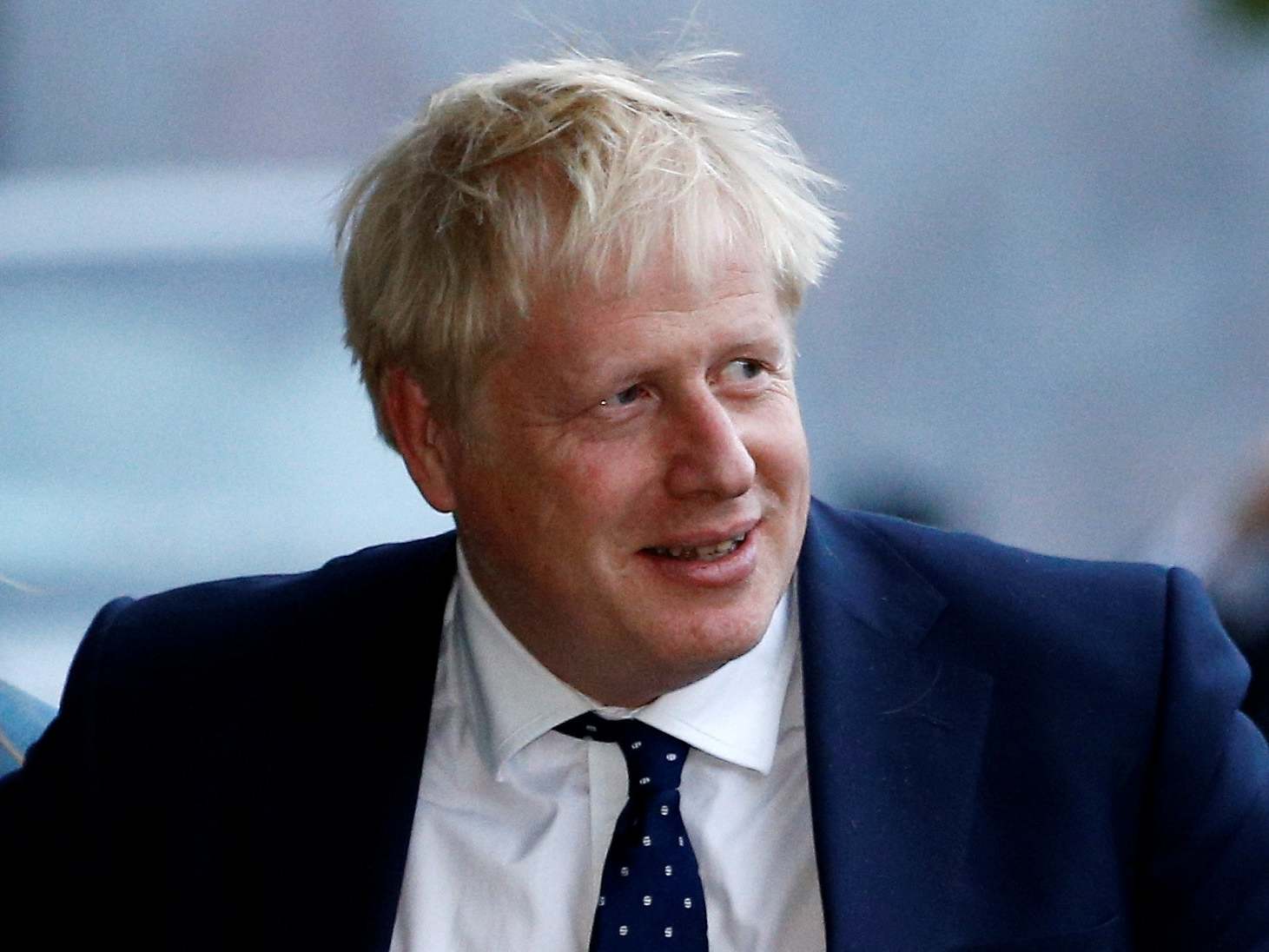What is a motion of no confidence - and how does it work?
British politics enters uncharted waters if the government is voted down

On the eve of Boris Johnson’s first party conference as Tory leader, opposition parties at Westminster are threatening to ambush his government with a vote of no confidence.
Devoid of any goodwill following the prime minister’s combative language in the House of Commons and the looming Brexit deadline, MPs voted against the government last week, rejecting a request for a short, four-day conference recess.
It means for the first time in recent British political history, the Commons will be sitting as the governing party conducts its annual gathering of members. Expect to see cabinet ministers and Tory MPs dashing between Manchester and London for any crucial votes.
According to the SNP’s trade spokesperson, Stewart Hosie, one of the votes threatening to overshadow the conference is a motion of no confidence.
He said his party now believes this route is the “only game in town” to avoiding a no-deal Brexit on 31 October, as the SNP do not believe the Mr Johnson will “obey the law” and request an extension under the Benn Act passed earlier this month. But how does the no confidence process actually work?
After suffering the biggest parliamentary defeat in British political history, Theresa May successfully fended off a motion of no confidence in her beleaguered administration in January 2019. Tabled by Jeremy Corbyn, it was the first instance of the motion – set out under the 2011 Fixed Term Parliaments Act – being used. Now, it is being threatened again, and has a considerably greater chance of passing, given the lack of Tory majority.
Technically, any MP can bring forward a motion of no confidence, including the leaders of the Liberal Democrats and SNP. But for it to be guaranteed a debate and vote it has to be brought by the leader of the official opposition, Mr Corbyn.
But the rules of the game shifted last week, as the prime minister told MPs in the Commons he would allow time for a confidence motion tabled by any of Westminster’s parties.
He said MPs should have the “courage” to table a motion, adding: “This parliament must either stand aside and let this government get Brexit done, or bring a vote of confidence and finally face a day of reckoning with the voters.”
If the government loses a motion of no confidence, the act outlines a 14-day period in which an administration can be formed. The prospective government must be able to pass a confidence motion in this period.
The SNP’s theory is that a caretaker prime minister will be installed in this period, and will head off to Brussels to request an Article 50 extension before calling a general election.
But it is a considerable gamble: if Westminster’s political parties fail to coalesce around one figure who can command a majority in the House of Commons during this 14-day period, a general election will automatically be triggered, and British politics enters uncharted waters.
Join our commenting forum
Join thought-provoking conversations, follow other Independent readers and see their replies
Comments